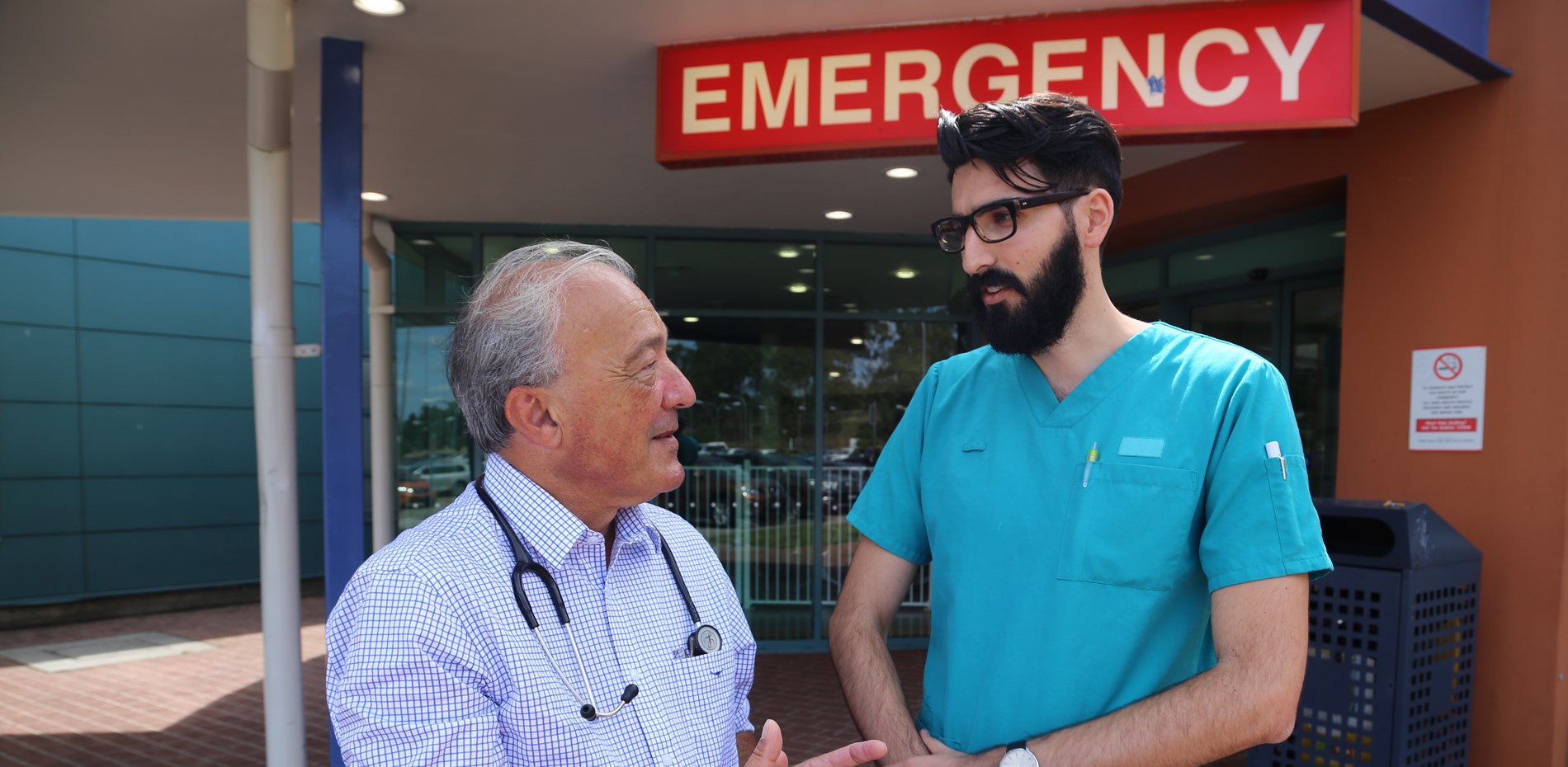PRIVATE MEMBERS' BUSINESS - Health Care

03 June 2021
I move:
That this House:
(1) notes that:
(a) under this Government, out-of-pocket expense for patients accessing healthcare have soared;
(b) out of hospital, out-of-pocket costs for patients accessing a general practitioner have increased by 37.18 per cent Australia-wide since the Coalition came into office;
(c) out of hospital, out-of-pocket costs for patients accessing specialists have increased by 54.14 per cent;
(d) out of hospital, out-of-pocket costs for patients accessing anaesthetics have increased by 51.84 per cent; and
(e) out of hospital, out-of-pocket costs for patients accessing radiotherapy and therapeutic nuclear medicine have increased by 195.96 per cent;
(2) condemns the Government for allowing out-of-pocket health expenses to soar; and
(3) calls on the Government to act urgently to address the inequity of access to high level healthcare in Australia.
This is a motion that is very close to my heart. I am very pleased to see the member for Flynn in here today to speak on the motion.
The latest data released by the Department of Health painted a pretty harrowing story about the state of health care in this country. I want to make it clear that the data has been updated since I originally tabled this motion, and it paints a very poor picture. In layman's terms, health care is becoming increasingly unobtainable for many in our society. That's reflected in the health statistics, showing huge differences in morbidity and mortality between the inner-city metropolitan, outer metropolitan and rural and regional areas. I've spoken on numerous occasions about the great divide increasing across Australian society in terms of health care, and also about how the disadvantaged and those who reside in the regions face barriers that do not exist for those who are privileged or who reside in the inner cities.
This is very close to my heart because as a medical student I saw the Whitlam government introduce Medibank because of the huge inequities that had developed in health care in Australia at that time. This, of course, was destroyed by the Fraser Liberal government. I then saw the Hawke government introduce Medicare to the great benefit of Australian society in terms of providing equitable health care across Australia. In fact, I started my private practice in the same week that Medicare was established in this country. Medicare was founded on a very simple notion: all Australians, no matter their background, would be afforded access to quality health care. Now, unfortunately, its universality is at risk. The fact that the coalition has allowed the cost of health care to soar for Australians is a terrible indictment on their ability to govern in the interests of all Australians.
A simple truth is that healthcare costs are expanding rapidly and the coalition government, in their eight years in power, have watched this happen, sitting on their hands. Those opposite have been in power for eight years and in that time they have demonstrated they either do not have the capacity to address the rising costs of health care or, worse, they're content with watching health care become more expensive, more discriminatory and more inequitable.
I've provided the House, by way of this motion, with information relating to the rising out-of-pocket expenses that Australians are made to pay when accessing health care. It's on the rise, and the government is doing nothing. The government's own data demonstrates that hospital out-of-pocket costs for patients accessing general practitioners have increased by almost 30 per cent and that those accessing non-referred GP visits is now over $35. If you're a struggling single parent and you have two or three children who fall ill at the same time, as often happens in winter, the bill is enough to force people to stop accessing care. They're not unique to GP visits. Specialist consultations are rapidly becoming out of reach for many Australians. There's been the collapse of the hospital outpatient services in many areas, particularly in outer metropolitan areas, and out-of-pocket costs of specialist care have increased by more than 40 per cent. The average gap cost is around $84 to access a specialist in New South Wales, and that's even more in some specialties, such as ophthalmology, ENT surgery and orthopaedic surgery.
Cardiology consults with a private practitioner frequently now cost people well over $150 in out-of-pocket expenses. Patients in New South Wales are paying $27 more than they were each and every time they visit a specialist. Anaesthetics have become expensive, with the costs increasing by over 40 per cent and in some states, like New South Wales, by over 50 per cent. For anyone undergoing a procedure, such as cataract removal and intraocular lens replacement, the out-of-pocket costs are now over $1,000. Otherwise you go on a public hospital waiting list and you may have to wait up to two years to get treatment for your visual impairment. Things are only getting worse as we watch, and it's down to this government's lack of interest and lack of want to try and improve access for all Australians.
Since those opposite came into power, out-of-pocket costs for patients with cancer accessing radiotherapy and therapeutic nuclear medicine have increased by 190 per cent— (Time expired)


